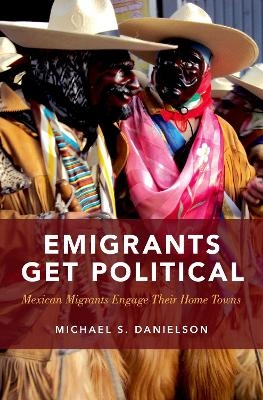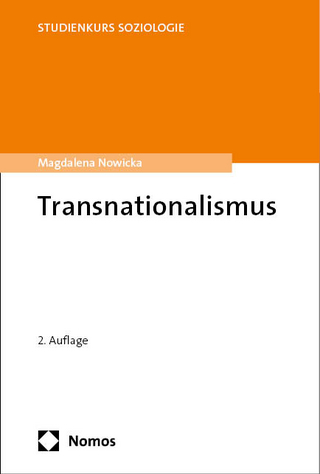
Emigrants Get Political
Oxford University Press Inc (Verlag)
978-0-19-067997-2 (ISBN)
Mexican migrants fought for and won the right to dual nationality in 1997 and the right to vote from abroad in presidential elections in 2005. As the country with the world's second largest emigrant population, many expected that the enfranchisement of the Mexican diaspora would powerfully shape the direction of Mexican politics. Scholars, policy makers, and migrant politicians have argued that migrants who exercise these rights will, through contact with the U.S. political system and culture, develop more democratic attitudes and behaviors, and in turn, help to democratize their home states. However, only a tiny share of the Mexican diaspora community exercised their voting rights in the 2006 and 2012 elections. And, as this book shows, though migrants do engage socially and politically in their communities of origin and at times powerfully impact political dynamics there, the outcomes don't uniformly enhance local democracy. For example, while this research finds that migrants from non-elite backgrounds were able to parlay their migrant experience into a path to power in their home states, non-migrant politicians have been more successful at maintaining stability after election, due to their ties to the dominant governing parties. Even when migrant political actors intend to open up the political systems of their home towns, bring about needed reforms, or improve governance, the impact of their engagement at the aggregate level of municipal politics depends on a range of intervening factors, most importantly the nature of their interactions with non-migrant political actors in their home states and municipalities. Here, Michael S. Danielson develops a theory of and methodological model for studying migrant impact on the communities and countries they leave behind, examining a largely underexplored area of research in the migration literature.
Michael S. Danielson is Visiting Assistant Professor of International Affairs at George Washington University. He is the co-editor of Latin America's Multicultural Movements: The Struggle Between Communitarianism, Autonomy, and Human Rights.
List of Figures
List of Tables
Part 1: Introduction and Argument
Chapter 1: Politics at Home Abroad: Migrants and Their Home Towns
Chapter 2: Migration and Subnational Politics in Mexico: A Framework for Analysis
Part 2: How Migrants Engage Their Home Towns
Chapter 3: Engagement through the Diaspora Channel: Collective Remittances and the 3x1 Program for Migrants
Chapter 4: When The Road to the Mayor's Office Crosses the Border: Political Trajectories of Migrant Mayors in Oaxaca, Mexico
Chapter 5: Biographies of Emigrant Politicization: Migrant Engagement in Three Mexican States
Part 3: When Emigrants Get Political
Chapter 6: A Theory of Migration and Municipal Politics
Chapter 7: Migrants as Agents of Democratization? A Comparative Analysis of Sending Community Politics
Chapter 8: A Wave That Didn't Break?
Appendix A
Appendix B
Appendix C
Notes
References
Index
| Erscheinungsdatum | 15.03.2018 |
|---|---|
| Verlagsort | New York |
| Sprache | englisch |
| Maße | 239 x 155 mm |
| Gewicht | 544 g |
| Themenwelt | Sozialwissenschaften ► Politik / Verwaltung ► Europäische / Internationale Politik |
| Sozialwissenschaften ► Politik / Verwaltung ► Politische Theorie | |
| Sozialwissenschaften ► Soziologie | |
| ISBN-10 | 0-19-067997-2 / 0190679972 |
| ISBN-13 | 978-0-19-067997-2 / 9780190679972 |
| Zustand | Neuware |
| Haben Sie eine Frage zum Produkt? |
aus dem Bereich


